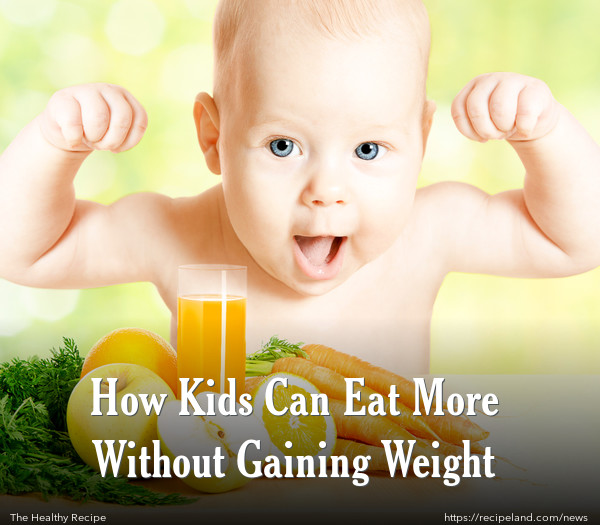Looking back through 11 previous studies, Greek researchers have found that children who eat more than 3 meals a day actually weigh less than children who do not.(1)
Boys, in particular, were found to be over 20 percent less likely to be obese or overweight than their peers who only ate 3 meals a day.
These findings have been questioned by nutritionists and other researchers for several reasons.
It is not a definitive study on how much children can eat without gaining weight, since the older research was not conducted over a long period of time. It did not follow up on possible weight gain months or years later.
A larger misconception that this research could pose is that it isn’t just about how often, or how much, children eat. It is what they are eating.
Snacks are typically higher in carbohydrates than fats, which may explain part of these findings. When kids eat more between meals, they are also less likely to gorge themselves at meal times.
“Snacking for most individuals appears not to adversely affect body-weight control, and for some it may improve control. This situation may exist because frequent eating helps appetite control, thus preventing overeating at meals.”(2)
Loading up on unhealthy, “empty” calories throughout the day and then eating large meals will certainly contribute to weight gain and possible obesity down the road.
Metabolism and exercise need to be factored into this equation as well.
Other studies suggest that eating smaller, frequent meals throughout the day is a healthy way to lose weight because it boosts metabolism.(1) “Eating 'little and often' may be a more compatible pattern of eating for a physically-active lifestyle than eating large meals.”(2)
Girls are not as likely to weigh less when they eat more frequently. Looking through the nearly 20,000 children between the ages of two to nineteen years old, research shows that it is only boys who have this clear advantage of eating more while weighing less.
If children are more physically active, they will burn through calories more quickly. The exercise habits and regular physical activity of the children in this study were not taken into consideration either.
There are definitely times periods of rapid growth, in childhood and adolescence, when kids are hungrier than usual. Combined with high levels of physical activity, and each individual child’s metabolism, many kids probably need to consume more calories staggered throughout the day to maintain their energy level.
Most parents will also know what it’s like to keep a child well fed during a growth spurt. Some may even relate to constant complaints of their child being hungry - even a few minutes after finishing a meal or snack.
This study does show that maintaining a healthy weight while eating more often is possible, just as long as kids are not snacking on high fat, high sugar, and high calorie foods.
If your child already eats 3 good sized meals a day and does not feel the need to snack, by all means do not add more calories to their diet. However, if your child is a “grazer,” you can still encourage healthy eating habits by providing nutritious snacks and smaller meal options.
Source: (1)Alison Field, Sc.D., Associate Professor, Pediatrics, Harvard Medical School, Boston; Connie Diekman, R.D., L.D., Director, University Nutrition, Washington University in St. Louis, Mo.; May 2013, Pediatrics
(2)Kirk, T. (2000). Role of dietary carbohydrate and frequent eating in body-weight control. The Proceedings Of The Nutrition Society, 59(3), 349-358.
Image courtesy of Stoonn / FreeDigitalPhotos.net










Comments
Very good article. Thanks for share this recipe tip